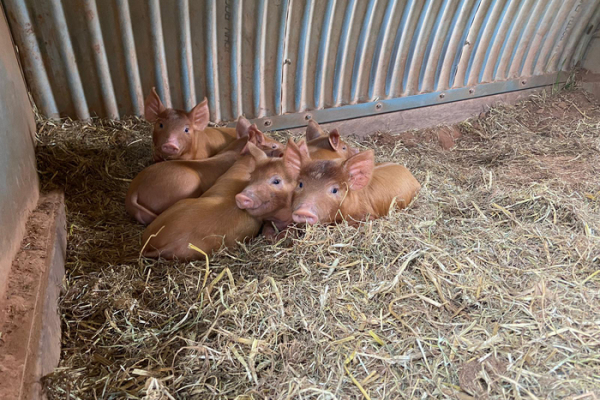Putting numbers on how well looked after the animals that end up on our plate are...
Interviews with Scientists
Interviews about medicine, science, technology and engineering with scientists and researchers internationally...
Deep sea mining could provide us with more renewable energy, however, it could have dramatic impacts on the things that...
How a mathematical search theory can be used to hunt for sunken ships on the bottom of the ocean.
How do underwater robots survive the intense pressures of the deep, and what are they being used for?
What is it like to go thousands of metres beneath the waves?
Why aren't the biggest animals always the fastest?
Could a quantum computer the size of a football pitch reveal the meaning of life, the Universe and everything?
We reveal the final entry for Marine Month's Critter of the Week.
What kind of future awaits our oceans, and why should we care?
How do astronauts keep breathing in space, and how could that help us down here on earth?
Where does the carbon volcanoes expel into the atmosphere come from?
Many people survive traumatic injuries, only to die from multiple organ failure in hospital, and we still don't...
Imagine a tiny, thimble-shaped creature, invisible in water - and deadly. Step up, the Irukandji jellyfish!
The ocean is a noisy place! Underwater acoustics explores what the watery world sounds like and what impact humans are...
Scientists in Perth, Western Australia are using drones to collect samples from whales to study their health.
The greatest migration on the planet occurs every day, in the ocean, and vertically.
Our lives ultimately depend upon some of the smallest life forms on Earth - the constituents of the ocean microbiome.
Two institutes on opposite sides of the Atlantic developed a joint course to encourage networking between early-career...
How accurate is the primate science in War of the Planet of the Apes?
The sea urchin may be a good model for understanding how immune responses work in humans and other vertebrates.
Scientists in the US have come up with a set of steps which store the energy you expend when you descend, and then give...
A region of the brain called the intraparietal sulcus becomes more active when volunteers expect to receive a shock.
Mutations in a single gene can affect whether some bio-luminescent bacteria will make good partners for squid.
The technology to help astronauts dig holes in the moon makes its way down to earth in the form of the cordless drill.
A team of real life spidermen at Cambridge University have invented a new, greener, cleaner form of artificial spider...
